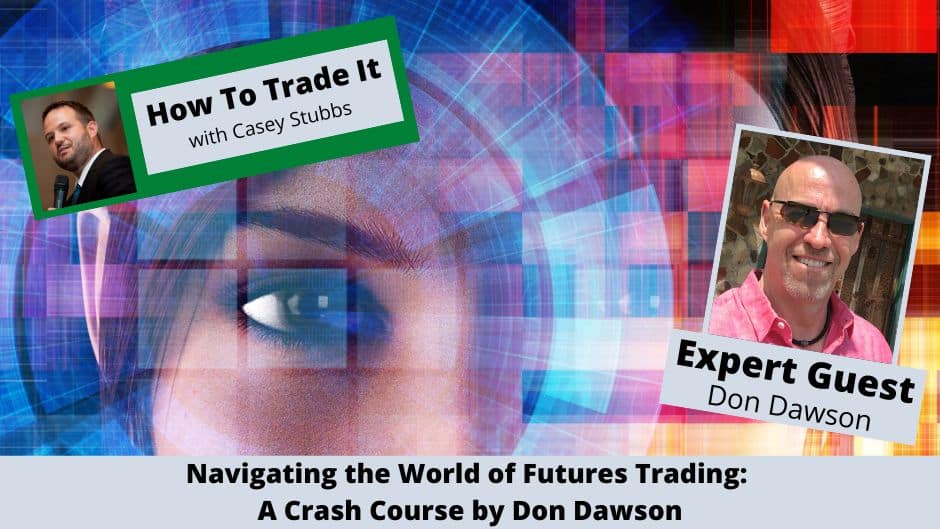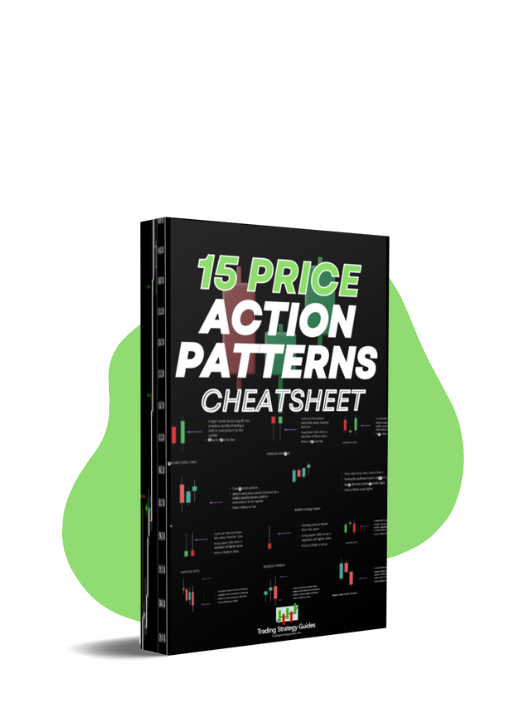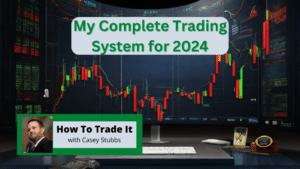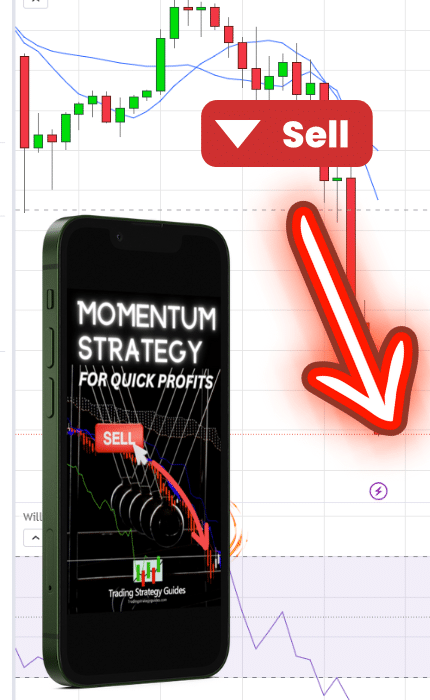Navigating the World of Futures Trading: A Crash Course by Don Dawson

A solid understanding of market fundamentals is crucial for anyone looking to generate income through futures trading. Today’s guest, Don Dawson, shares the importance of grounding oneself in market fundamentals.
He emphasizes the significance of blending both technical and fundamental analyses to make more informed trading decisions. Recognizing the correlation between factors such as geopolitical events and weather patterns with price movements enables traders to make rational decisions, thus reducing risks and enhancing potential profits.
Don Dawson, a futures trader with an impressive track record, shares his knowledge on leveraging risk and generating income through trading futures. Don is not only a successful trader, but also an experienced educator and writer.
His passion for teaching others the intricacies of the futures market has led to the creation of numerous educational courses that have helped many aspiring traders succeed.
In this episode, you will learn to:
- Grasp the essentials of futures trading and recognize its key players.
- Utilize futures trading to generate income streams while managing risk effectively.
- Design a tailor-made trading game plan and tactical approach.
- Master risk management techniques and delve into commodity spread trading.
- Explore market psychology, fundamental analysis, and worldwide trends.
You don’t want to miss it!
Don Dawson says, ‘Using leverage for every trade in the futures market can lead to high percentage wins, but you have to be careful as you can lose more than what's in your account.’ Join us on this episode of How To Trade It to find out more! Click To Tweet
Subscribe to How To Trade It
If you want to hear more from Don Dawson, then you should listen to this episode :
00:01:06 – What are Futures?
00:05:50 – Role of Speculators
00:09:41 – Futures Market Today
00:13:55 – The Role of Futures in Hedging
00:16:01 – The Difference Between Stocks and Futures
00:19:03 – Understanding Market Fundamentals
00:21:24 – Steps to Start Trading Futures
00:25:38 – The Importance of Lifelong Learning
00:27:22 – Importance of a Trading Plan and Learning
00:28:44 – Newsletter Circuit and Fundamental Trading
00:31:12 – Swing Trading and Commodity Spread Trading
00:32:55 – Seasonal Analysis and Risk Management
00:38:52 – Importance of Risk Management
00:39:23 – Trader Education
00:40:10 – Trading Resources
Subscribe to How To Trade It
What exactly are Futures?
A futures contract is a legally binding agreement between two parties, where one party agrees to sell a specified quantity of a particular asset, such as a commodity or financial instrument, at a specific price and on a specific date in the future. The other party agrees to buy the asset at the same price and on the same date. Futures are traded on organized exchanges, where standardized contracts with predetermined specifications, including the contract size, expiry date, and delivery location, are available for trading.
Futures are a type of derivative instrument, as their value is derived from the value of the underlying asset. Futures allow participants to speculate on the future price of a commodity or financial instrument, without owning the physical asset. For example, a trader can purchase a futures contract on crude oil, speculating that the price of oil will rise, without actually buying any barrels of oil.
Futures trading is highly leveraged, meaning that traders can control large amounts of an asset with relatively small amounts of capital. However, this also increases the risk, as losses can exceed the initial investment. Futures markets are highly regulated to ensure fair and transparent trading, with measures in place to prevent market manipulation and protect investors.
The Distinction Between Stocks and Futures
Stocks and futures are both financial instruments that can be used for wealth-building and income generation, but they have different characteristics and risks.
Stocks are shares of ownership in a company and provide investors with the opportunity to participate in the company’s growth and earnings. The value of a stock is determined by the company’s financial performance and other factors such as economic conditions and investor sentiment. Stocks are typically held for the long term, with investors seeking capital appreciation and dividends.
On the other hand, futures are contracts to buy or sell a specific asset, such as commodities or financial instruments, at a predetermined price and time in the future. Futures can be used for speculation, hedging, or income generation, as traders can profit from price fluctuations in the underlying asset. Futures are highly leveraged, which means that a small amount of capital can control a much larger amount of the underlying asset. This amplifies both gains and losses and increases the risk.
Understanding Market Fundamentals
Futures traders do pay close attention to supply and demand factors when trading commodities, as these factors have a direct impact on the price of the underlying asset. For example, in the case of agricultural commodities, traders closely monitor crop reports, weather patterns, and geopolitical events that can affect the supply and demand of the commodity. Similarly, for energy commodities like crude oil, traders pay attention to global demand, production levels, and geopolitical tensions that can impact supply.
In addition to supply and demand, traders also consider macroeconomic events when trading futures contracts. For example, economic reports such as gross domestic product (GDP), inflation rates, and unemployment numbers can influence the overall economic outlook and affect the demand for certain commodities. Traders also pay attention to geopolitical events such as conflicts, sanctions, and trade agreements that can impact the global economy and ultimately affect the price of commodities.
Successful futures trading requires a combination of fundamental and technical analysis, as well as a deep understanding of market dynamics and risk management. Traders must be able to identify and analyze relevant market factors, make informed decisions based on this analysis, and effectively manage their positions to minimize risk and maximize profits.
Subscribe to How To Trade It
Resources & People Mentioned:
Connect With Don Dawson:
- Email: 87trader@gmail.com
- LinkedIn: https://www.linkedin.com/in/dondawson/
Connect With Casey Stubbs:
- Website: https://caseystubbs.com
- Website: https://tradingstrategyguides.com/
- Website: https://globalproptrader.com/
- YouTube: https://www.youtube.com/TradingStrategyGuides
- YouTube: https://www.youtube.com/caseystubbs
- Twitter: https://www.twitter.com/caseystubbs
- Facebook: https://www.facebook.com/TradingStrategyGuides
- LinkedIn: https://www.linkedin.com/in/caseystubbs/
Subscribe to How To Trade It
Disclaimer: Trading carries a high level of risk, and may not be suitable for all investors. Before deciding to invest you should carefully consider your investment objectives, level of experience, and risk appetite. The possibility exists that you could sustain a loss of some or all of your initial investment. Therefore, you should not invest money that you cannot afford to lose. You should be aware of all the risks associated with foreign exchange trading, and seek advice from an independent financial advisor if you have any doubts.






